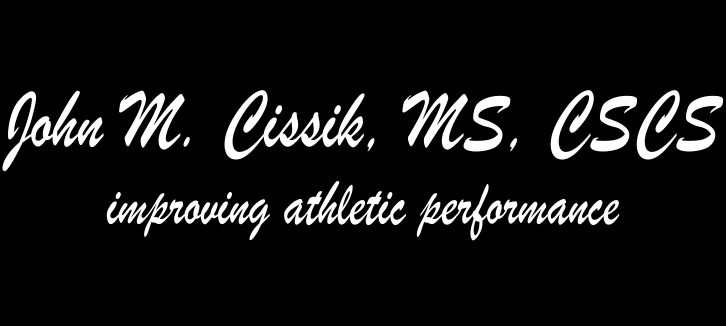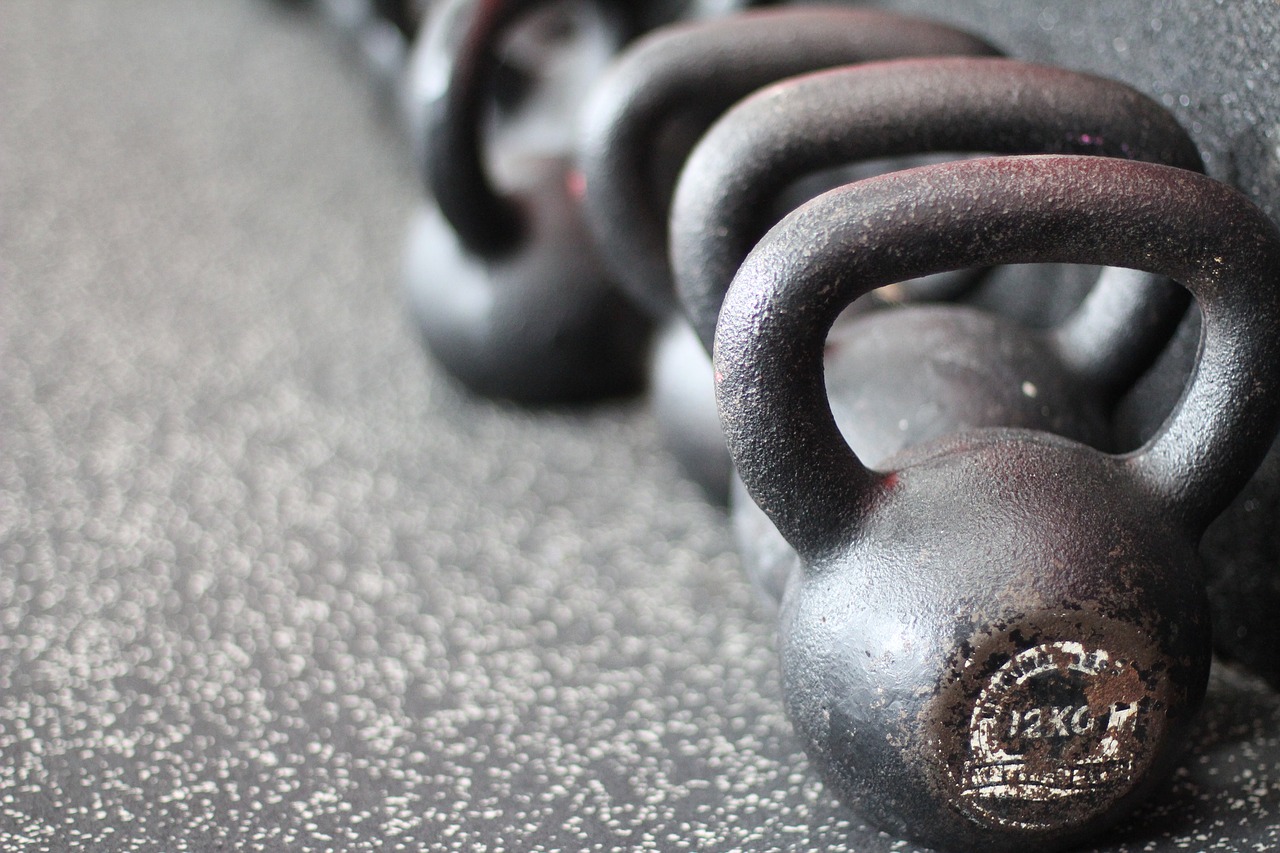Hard work helps us to learn skills, to function in challenging circumstances, learn to resist fatigue, and teaches us how to play a sport with passion and intensity. Now, when I bring this up on social media someone always has to post something to the effect of “Yes, but we have to be careful with that message as too much hard work is bad.”
I have some concerns about these types of comments. My concerns center around the fact that these comments give a wrong impression to athletes. The impression that these posts give is that coasting through tings is okay, and in fact preferred, in order to avoid some mythical injuries or dangers from hard training. This is a problem.
Now, what is hard work? You have to remember that I’m a sports coach first. So for me this isn’t talking about a percentage of one-repetition maximum. This also isn’t talking about working until you throw up.
Hard work is about putting in the time to learn skills. It’s about getting better. It’s about studying to learn. It’s about practicing with intensity so that you can play the sport that way. It’s about seeing that something needs to be done and doing it.
Hard work also has a lot to do with strength and conditioning. Here’s some questions to ask about this:
- Are you showing up to the sessions?
- Are you completing the sessions?
- Are you doing the bare minimum on the card, or are you putting in some extra reps or adding five pounds when you can?
- Are you jogging through the sprint drills or do you train fast to be fast?
These are example of hard work in strength and conditioning. And none of these are going to break athletes.
I should not have to say this to adults, but you have to work hard in life. As a parent you don’t get to take days off. As a coach you have to put in a lot of work to prepare for games and practices as well as to conduct them. As a teacher not only do I put in a lot of effort with my students, but I also put in a lot of work to prepare for them to be able to develop and become successful. This is true of most professions and most jobs. This doesn’t even get into things like home repairs, car repairs, and all those little things that we can engage in.
So, worrying that hard work is going to hurt athletes sends a bad message, in my opinion anyway. It sends the message that a lack of effort is okay. It sends the message that being average or below average is acceptable. It sends the message that coasting by is fine.
It’s okay to sweat. It’s okay to bleed. It’s okay to struggle, it means more when you are able to overcome that struggle and accomplish something.


